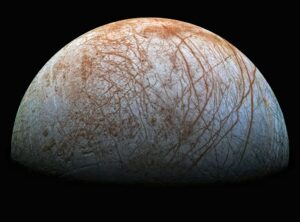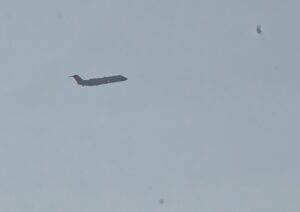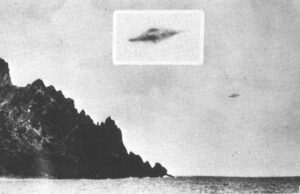What is the history of the Nobel Prize in physics?
It is one of the five Nobel Prizes established by the will of Alfred Nobel in 1895 and awarded since 1901, the others being the Nobel Prize in Chemistry, Nobel Prize in Literature, Nobel Peace Prize, and Nobel Prize in Physiology or Medicine. Physics is traditionally the first award presented in the Nobel Prize ceremony.
physics of semiconductor devices
Are semiconductors conductors or insulators?
Similarly, materials such as glass, wood, and plastic are insulators, which prevent the flow of electricity. Semiconductor devices come with a fusion of properties of both conductors and insulators. At room temperature, these devices possess lower electrical conductivity than conductors.
physics nobel prize
Who won the Nobel Prize for Physics in 2018?
It was awarded to a woman for the first time in 55 years in 2018, when Donna Strickland won for groundbreaking inventions in the field of laser physics. "I think today I feel more passionate about the teaching side of my job than I have ever," Ghez said after the announcement.
physics of semiconductor devices
What are some of the latest technologies in the semiconductor industry?
New devices such as three-dimensional MOSFETs, MODFETs, resonant-tunneling diodes, semiconductor sensors, quantum-cascade lasers, single-electron transistors, real-space transfer devices, and more
physics nobel prize
Who won the 2020 Nobel Prize in physics?
(CNN) The 2020 Nobel Prize in Physics has been awarded to scientists Roger Penrose, Reinhard Genzel and Andrea Ghez for their discoveries about black holes. This year’s prize was about "the darkest secrets of the universe," said Göran K. Hansson, secretary for the Royal Swedish Academy of Sciences, said at Tuesday’s ceremony in Stockholm.
Who won the Nobel Prize in physics in 2001?
The Nobel Prize in Physics 2001. Eric A. Cornell, Wolfgang Ketterle and Carl E. Wieman “for the achievement of Bose-Einstein condensation in dilute gases of alkali atoms, and for early fundamental studies of the properties of the condensates”.
physics ncert class 12
What are standard 12 physics NCERT books?
Standard 12 Physics NCERT Books are based on the CBSE syllabus issued for current academic session and have been developed for all types of students Design of these textbooks is by keeping into consideration requirements of Class 12 students.
What are the important chapters in Class 12 Physics for boards?
These two chapters are the ninth and tenth in the Class 12 Physics textbook. These two chapters are equally crucial for boards as the earlier ones. The first one deals with the concepts of reflection and refraction, and the second one involves Huygens’s Principle, Polarisation, Young’s experiment, etc.
How to download Vedantu’s NCERT solutions for Class 12 physics?
They need to follow the below steps to download Vedantu’s NCERT Solutions for Class 12 Physics Visit the page-NCERT Solutions for Class 12 Physics. Click on NCERT Solutions for Class 12 Physics. Click on the chapter for which you want the solutions. Click on the option download pdf.
How to prepare for Class 12 Physics exam?
In order to ace the class 12 Physics exam, students are required to have a conceptual understanding of the entire subject matter. Though all the chapters are equally important, and you should not leave any particular section from your syllabus, there are some sections which you should emphasise on.



